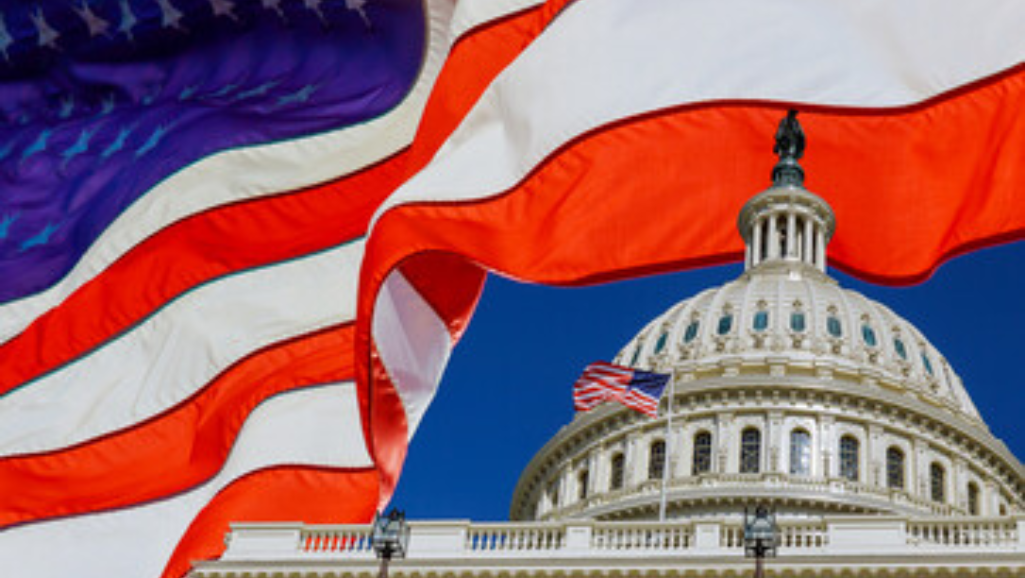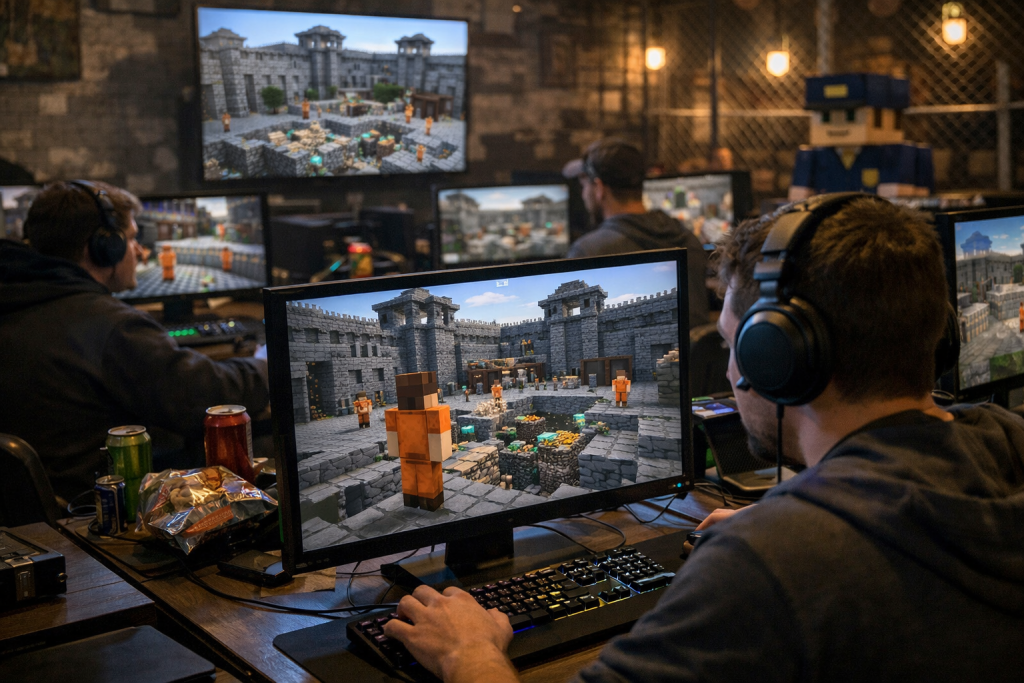Are you aware of how fear is used by politicians to manipulate us and drive us towards tribalism? In this article, we will explore the power of fear and how it impacts societal divisions. By examining the role of politicians in exploiting fear, we can better understand its erosion of democratic values. However, there is hope. By recognizing and overcoming fear, we can foster unity and work towards a more inclusive society.
Understanding the Power of Fear
Understand how fear shapes and controls us, as it drives us towards tribalism. The psychology behind fear plays a significant role in our decision-making processes. Fear has a profound impact on our thoughts, emotions, and actions, often leading us to make choices that prioritize our safety and security. When faced with threats or uncertainties, our primal instincts are triggered, activating the fight-or-flight response. This response is deeply ingrained in our evolutionary history and is designed to ensure our survival.
Fear not only influences our individual decision making but also has a powerful effect on our collective behavior. It can unite people with a shared sense of fear, leading to the formation of tribes or groups that provide a sense of security and belonging. This tribalism can be seen in various aspects of society, including politics, where fear is often used as a tool to manipulate public opinion and gain support.
Research has shown that fear can impact our cognitive processes, making us more susceptible to manipulation and persuasion. When we are in a state of fear, our ability to think critically and rationally may be compromised, making us more likely to accept information without questioning its validity. This can be exploited by those seeking to control and influence public opinion, further fueling tribalistic tendencies.
Understanding the power of fear is crucial in navigating the complex dynamics of society. By recognizing the psychological mechanisms at play, we can better evaluate the information presented to us and make more informed decisions. By overcoming fear-based thinking, we can strive for a more inclusive and rational society that transcends tribalistic tendencies.
The Role of Politicians in Exploiting Fear
Politicians exploit fear to manipulate and divide us into tribalistic groups. They understand that fear is a powerful emotion that can be easily manipulated for their own political gain. By stoking fear, politicians can shape public opinion, rally support, and maintain their power. Here are some ways in which politicians exploit fear:
- Leveraging the role of media: Politicians use the media to amplify and disseminate fear-based narratives. They rely on sensationalism and exaggeration to create a sense of urgency and danger, capturing people’s attention and manipulating their emotions.
- Playing on psychological effects: Politicians capitalize on the psychological effects of fear, such as the fear of the unknown and the fear of loss. They exploit these fears to create a sense of urgency and to convince people that they are the only ones who can protect them from perceived threats.
- Promoting an us-versus-them mentality: Politicians often exploit fear to create a sense of division between different groups within society. By portraying certain groups as threats or enemies, they foster a tribalistic mindset, encouraging people to rally behind them and view others as adversaries.
- Utilizing fear as a distraction: Politicians sometimes use fear as a distraction from their own shortcomings or controversial policies. By diverting attention towards fear-based issues, they can deflect criticism and maintain control over the narrative.
The Impact of Fear on Societal Divisions
Fear fuels societal divisions, driving people apart and fostering an ‘us-versus-them’ mentality. It has profound psychological effects on individuals and society as a whole. When people are consumed by fear, it triggers a fight-or-flight response, leading to heightened emotions and a narrowed focus on self-preservation. This can result in a lack of empathy and understanding towards those who are different from us, further deepening societal divisions.
One significant factor that amplifies the impact of fear on societal divisions is media influence. The media plays a crucial role in shaping public opinion and can exploit fear for their own gain. Sensationalized news stories, fear-inducing headlines, and biased reporting contribute to the perpetuation of fear and the creation of an ‘other’ to blame for societal problems. This manipulation of fear by the media can foster a sense of tribalism, pitting groups against each other and reinforcing existing divisions.
Moreover, the constant exposure to fear-based narratives through various media channels can have long-lasting effects on individuals’ perceptions and beliefs. When fear is repeatedly reinforced, it becomes deeply ingrained in society, making it increasingly difficult to bridge the gaps between different groups.
To address the impact of fear on societal divisions, it is essential to promote empathy, understanding, and critical thinking. By recognizing the psychological effects of fear and being mindful of media manipulation, individuals can work towards building bridges and fostering a more inclusive and cohesive society.
Fear’s Erosion of Democratic Values
The erosion of democratic values occurs when fear becomes a tool for manipulating individuals and dividing society. Fear has the power to erode trust within a democratic system, leading to a breakdown in the fundamental principles that underpin it. This erosion of trust can manifest in various ways, including:
- Polarization: Fear can exacerbate existing divisions within society, pushing individuals to extremes and increasing polarization. When fear is used as a political tactic, it can drive people apart and create an “us versus them” mentality, hindering the ability to find common ground and work towards collective goals.
- Erosion of trust in institutions: Fear can lead to a loss of faith in democratic institutions, such as the media, judiciary, and government. When fear is used to manipulate public perception, it can undermine the credibility and legitimacy of these institutions, weakening the democratic fabric of society.
- Undermining democratic processes: Fear can be used to manipulate individuals’ voting patterns and decision-making processes. When fear is exploited, it can lead to an erosion of democratic values such as freedom of choice, informed decision-making, and fair representation.
- Suppression of dissent: Fear can be used to stifle dissent and discourage political participation. When individuals are afraid of the consequences of expressing their opinions or challenging those in power, it can lead to a chilling effect on democratic discourse.
Overcoming Fear to Foster Unity
To foster unity, it is crucial for individuals to confront and overcome their fears, actively engaging with one another to bridge divides and build a stronger democratic society. Overcoming fear is essential because fear often leads to division and tribalism. When people are driven by fear, they tend to retreat into their own echo chambers, surrounding themselves only with like-minded individuals who reinforce their fears and biases. This creates an “us versus them” mentality that hinders productive dialogue and cooperation.
By actively engaging with others, individuals can gain a better understanding of different perspectives and experiences, which can help break down the barriers that fear erects. Through open and respectful conversations, people can find common ground and work towards shared goals. This kind of engagement fosters empathy and compassion, allowing individuals to see past their own fears and prejudices.
Building a stronger democratic society requires overcoming fear and fostering unity. Fear often leads to the erosion of democratic values, as individuals become more willing to sacrifice their freedoms in exchange for perceived security. By actively confronting and overcoming fear, individuals can protect and strengthen democratic principles such as freedom of speech, equality, and justice.




